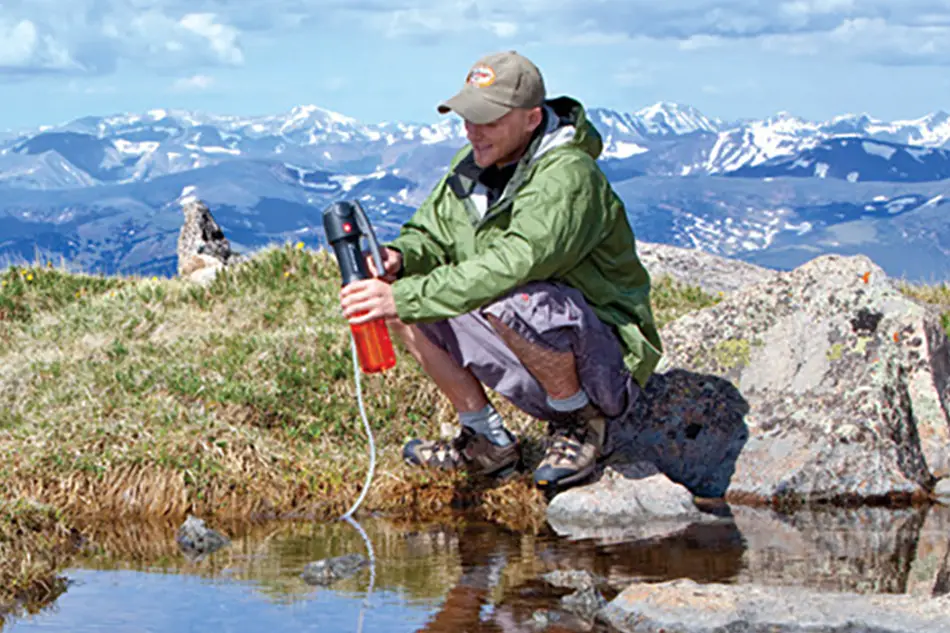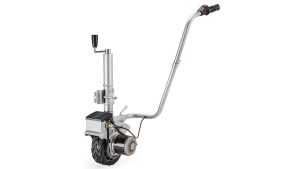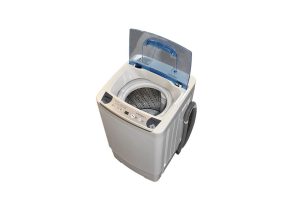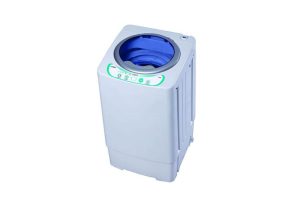Caravan water filters are an essential item for any traveler who wants to ensure clean and safe drinking water while on the road. However, when not in use, it’s important to store these filters properly to ensure they remain effective and last as long as possible. In this article, we will explore some tips on how to store caravan water filters to keep them in top condition.
Clean and Dry the Filter
Before storing your caravan water filter, it’s important to clean and dry it thoroughly. This will help to prevent the growth of bacteria or mold, which can affect the filter’s performance and potentially harm your health. To clean your filter, simply remove it from your caravan’s water system and rinse it thoroughly under running water. You can also use a mild soap or vinegar solution to clean the filter, but be sure to rinse it well afterward to remove any residue. Once the filter is clean, allow it to dry completely before storing it.
Store in a Cool and Dry Place
When it comes to storing your caravan water filter, the environment plays a significant role in its effectiveness and lifespan. It’s important to store the filter in a cool and dry place, away from direct sunlight or heat sources. Exposure to extreme temperatures or humidity can cause the filter media to degrade or become less effective, reducing its ability to remove impurities from water. Ideally, store the filter in a cupboard or pantry, where it will be protected from the elements.
Use an Airtight Container
To further protect your caravan water filter from the elements, consider storing it in an airtight container. This will help to prevent moisture or dust from getting into the filter media, which can affect its performance. A plastic container or a sealable bag can be used to store the filter. Be sure to label the container or bag with the type of filter and the date it was last replaced, so you know when it’s time for a replacement.
Keep Away from Chemicals
When storing your caravan water filter, it’s important to keep it away from chemicals, such as cleaning products or insecticides. These chemicals can damage the filter media or contaminate the water, making it unsafe to drink. Be sure to store the filter away from any chemicals or hazardous materials, and avoid storing it near any items that could potentially spill or leak.
Replace Regularly
Even when stored properly, caravan water filters will eventually need to be replaced. Over time, the filter media will become saturated with contaminants, reducing its effectiveness and potentially allowing impurities to pass through. It’s important to replace your caravan water filter regularly to ensure that you have access to clean and safe drinking water while on the road. The frequency of replacement will depend on the type of filter you are using and the quality of the water being filtered. As a general rule of thumb, activated carbon filters should be replaced every 3-6 months, ceramic filters every 6-12 months, and reverse osmosis filters every 1-2 years.
Conclusion
In conclusion, storing your caravan water filter properly is essential to ensure that it remains effective and lasts as long as possible. Be sure to clean and dry the filter thoroughly before storage, and store it in a cool and dry place, away from direct sunlight or heat sources.
Use an airtight container to protect the filter from the elements, and keep it away from chemicals or hazardous materials. Finally, be sure to replace the filter regularly to ensure that you have access to clean and safe drinking water while on the road. With proper storage and maintenance, your caravan water filter can provide you with clean and safe drinking water for years to come. between the two.
Caravan water filters are designed to remove impurities from water using physical barriers or chemical processes, while water purifiers use a combination of physical and chemical processes to remove impurities and microorganisms from water. When choosing between the two, it’s essential to consider your travel destination, the type of impurities you want to remove, and your maintenance preferences. Ultimately, the best choice depends on your specific needs and preferences.







